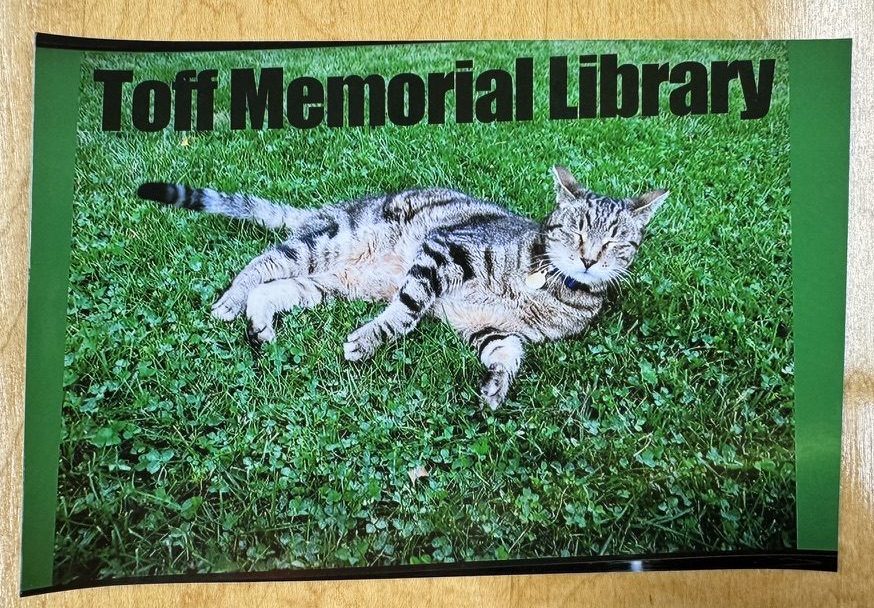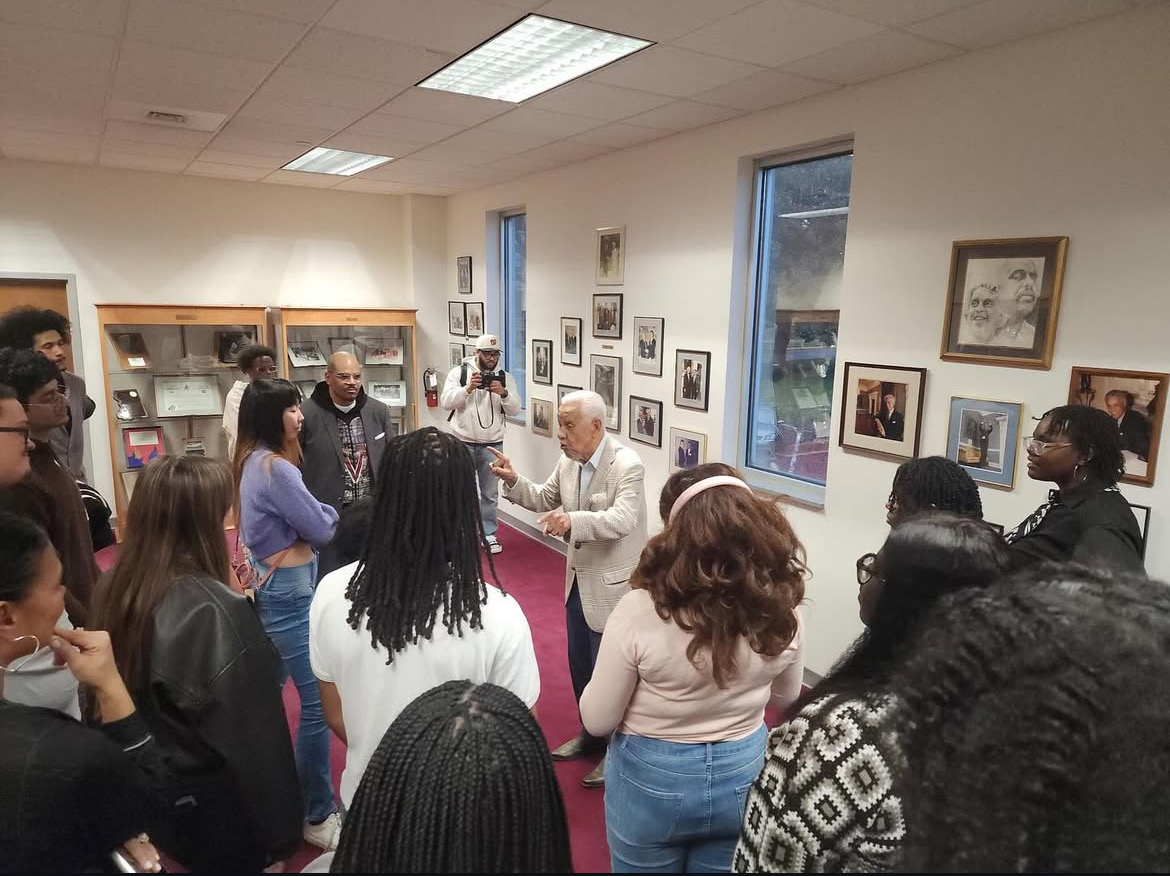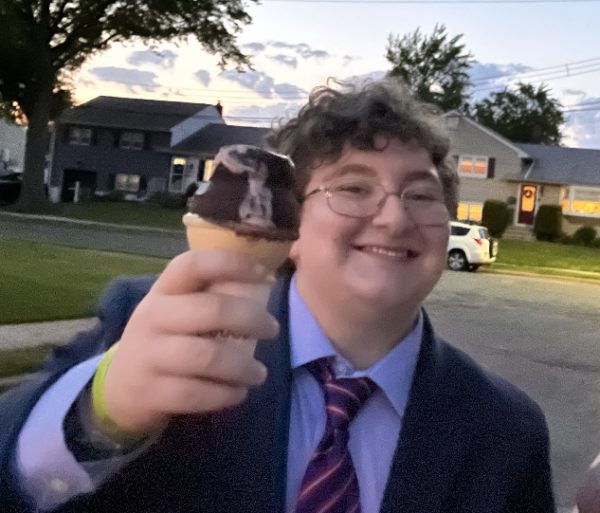Interfaith Social Action (IFSA) is a group organized through the Office of the Chaplain to gather people of faith together and serve social justice needs in the Carleton community. After a social action training program last term, IFSA’s members decided to focus their efforts this term on transit justice: expanding transit options and access on the college, town, and state level.
According to College Chaplain Schuyler Vogel ‘07, IFSA was formed as a chapel group when he was working as a Chaplain’s Associate. IFSA was founded by a group of students who wanted to engage in activities that paired their faith with their commitment to social justice, and has been one of the longest running chapel programs. “It’s great that it is still present,” Vogel said. “IFSA has had various iterations and focuses but we’re proud that there is such clear commitment between faith and social justice and I think IFSA embodies that.”
For people of faith who feel called by their conviction to make positive changes in the world, IFSA is an outlet to help serve their community. “Social justice work is central to who I am as a Christian; I think that more people and institutions need to care about ‘helping their neighbor’” said Jack Gronholz ‘26, an IFSA leader and Chaplain’s Associate. “Given that the Chapel is a campus office with incredibly helpful connections and financial resources, I saw IFSA as an excellent opportunity to exercise my wish to better the lives of both Carleton students and those in our broader community.” The existence and enthusiasm surrounding IFSA is consistent with the history of social activism in the United States. “There are deep strands in the way that our society has moved towards justice that are impossible to separate from religious convictions that we are called to work tirelessly for a better world, to ignore that is not only bad history, it is an undermining of what is possible with religion,” Vogel said.
While IFSA was founded by people of faith, and many of the leaders and members today draw on their religious tradition to inform their social justice motivations, IFSA is not and has never been just for religious people. “We understand that the work of justice requires a large tent of people, and just because [IFSA] is grounded in the chapel doesn’t mean people need to be a member of a certain faith background or belief,” Vogel said. “What matters is that you want to work for a better campus, a better town, a better world.”
During winter term, IFSA has been working towards creating a movement for expanded and accessible transportation on campus. The need for expanded, affordable and accessible transit is one that is apparent on Carleton’s campus. Lack of sufficient transit, according to Vogel, “is super impactful for students who need to reach services in the twin cities, it is an equity issue because often people who can’t reach the cities are lower income. I, it is an equity issue for staff and faculty who live in the cities, where they are asked to have a greater burden of cost to travel. I, it is an environmental issue to limit the carbon emissions from personal vehicles.”
To respond to these needs, IFSA has a variety of short-term and long-term goals. “There are concrete action items that IFSA is working on that I really want to be able to provide the campus,” said Sophie Stein ‘26, another IFSA leader and Chaplain’s Associate. “Right now, we’re working on transportation, and I’d love to be able to see improvements during my time at Carleton in Northfield Lines service, Hiawathaland Buses, and bike share programs.” Over the past nine weeks, members of IFSA have been conducting research visits with people from different offices on campus to assess where transit needs are and what possible solutions could look like. Some of the people that IFSA members spoke to included VP Dina Zavala, Campus Services Manager Lucas Kocak, and Security Sergeant Jordan Volkert. In addition, in collaboration with the Office of Sustainability, IFSA leaders have crafted a survey to see what needs are for Northfield Lines buses, as Kocak and others from Campus Services are trying to have the buses be subsidized at least in part by the college.
While IFSA has been around for a long time, the focus on transit justice has led the organization to experience a lot of growth. Stein said that while IFSA has always been a small group of people, “we’ve had a huge growth in engagement. Our numbers basically quintupled this term, and we’ve had great dedication and commitment from all of our members…. I think all of this growth has really come from our focus on this issue.” Megan Smith ‘27 was drawn to IFSA this term when transit justice was emphasized. “IFSA is a really great opportunity to better our community,” she said. “Transportation especially has been something that we have seen the Carleton community care deeply about,” said Natalia Ron-Lopez ‘25, another IFSA leader and Chaplain’s Associate. “So we now have a pretty good base which is able to do more things and we have had a lot of successes”.
Members of IFSA, while they are excited about the goals they have achieved this term, are looking towards the future. “I can see everything coming together a lot more than I have in the past, and it’s only been nine weeks. That’s a long time for a Carleton term but in reality the fact that we have gotten this far and we genuinely have people involved in creating a bike share program and it’s not just an idea like we had last term or last year, it’s something that we are looking forward to in the spring,” said Ji Miles ‘27, an IFSA member.
IFSA’s perseverance and success is due to people collaborating across different faiths on the causes that matter to them. According to Vogel, IFSA represents a part of religious expression that, rather than being exclusive of others, takes conscious steps towards collective liberation and ensuring rights for all. “We here at the chapel try to offer people a way of expressing their religion in a way that is liberating rather than toxic and IFSA is part of that, saying you can be religious and also believe that the world should be fair,” he said.
The commitment by students to work with people of different religious and faith practices for the express purpose of creating wide-reaching social change has been inspiring for those working in the Office of the Chaplain. “We can’t control what is beyond the reaches of our own power but we can make the world we dream about here with each other., I think IFSA tries to do that, I think the chapel tries to do that, and Carleton tries to do that,” Vogel said. “Iin its own little way IFSA is trying to create the world in which people of all faiths look out for each other and try to create a place and community that we all want to live in.”











